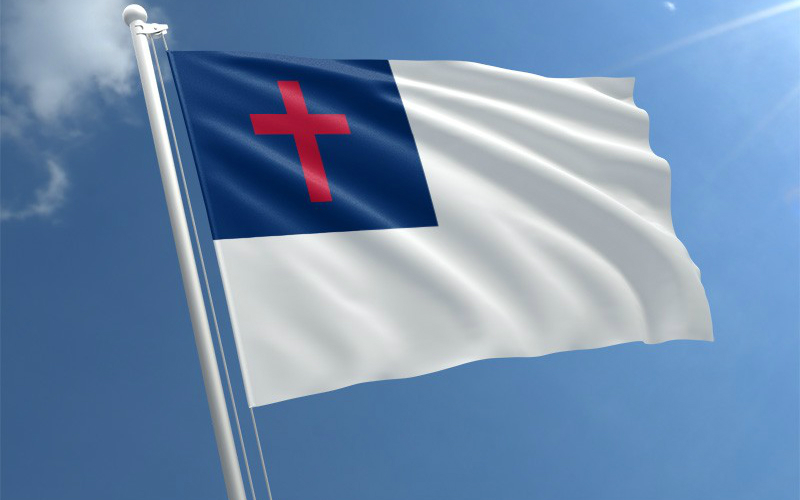This comes after the anti-Israel demonstrations that caused such disruption on campuses across the nation last semester. The protests continue this semester, but colleges and universities have a better idea of what to expect now.
The protests continue this semester, but colleges and universities have a better idea of what to expect now.
Dr. Zachary Marschall is Editor in Chief of Campus Reform. He tells AFN it's about time these institutions decide to stay neutral.
"Well, this is something they should have been doing from Day One. I have been arguing for years publicly that universities need to de-politicize our campuses. So I think that this is the first step that is needed for university presidents to re-gain control of their campuses and move on."
He said it's just a shame in his opinion that this decision came so late.
“You had to have so much violence and suffering on campuses last year for universities to realize they shouldn't be commenting on things that don't affect them. Virtue signaling makes college into a campus for indoctrination and activism, and that is not what higher education is about."
The University of Pennsylvania and Washington State University are two institutions that are now reported to stay neutral. Others include Stanford, Purdue and Harvard.
An email last week to UPenn students and faculty declared that “responding to one issue inevitably highlights issues and groups that receive no message – omissions that carry their own meanings, however inadvertent.”
A new way of doing things
For many universities, neutrality is a 180-degree turn from previous policy.
“Well, before Oct. 7th, what was happening is that universities were making statements on every fashionable Leftist issue that was out there from BLM to antiracism to what have you,” Marschall says.
That was before Hamas terrorists murdered and kidnapped Israeli citizens.

“Universities lost control of their campuses and realized that they had created incubators for activism, and that these students and professors who turn curriculum into activism kind of took the power away from university presidents,” Marschall says.
Marschall thinks universities and their leadership realized after last year that they are not in control of the situation the way they thought they were.
"They did not realize until it was too late they ceded power to these radicals who then occupied the campuses and had leverage over university presidents when they were negotiating about disbanding the tent encampments."
He thinks universities are realizing slowly they need to restrict what the university is going to comment on and what actions they will take.
No more encampments at UPenn
UPenn, in Philadelphia, announced a ban on campus encampments in July.
“They need to not get outside of their mission to provide a learning environment that is academically rigorous and truthful. So, I think we might see less interest and less flexibility from presidents for making campus life about these radical causes because of the catastrophe that was last year."







